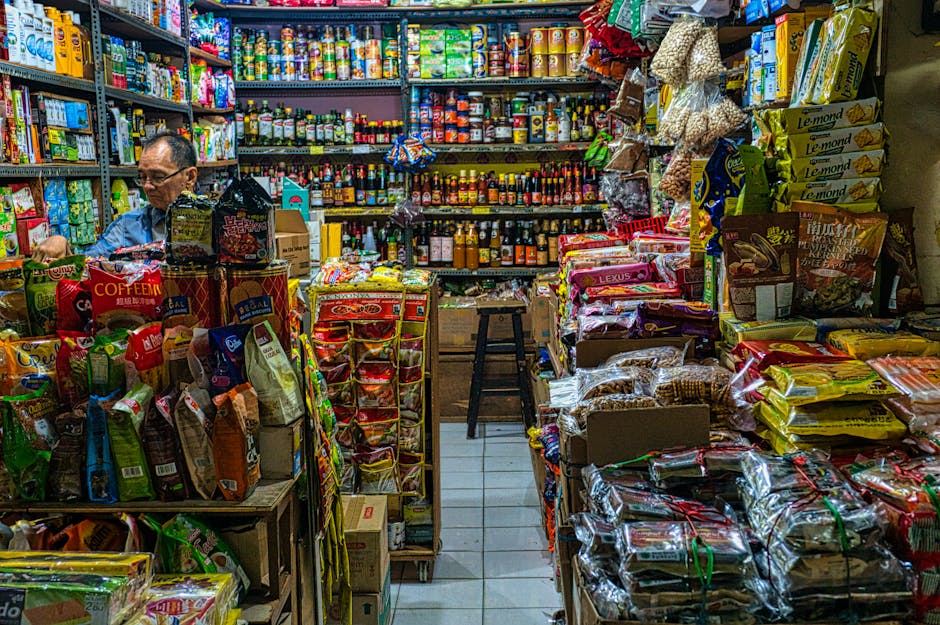In the high-stakes global game of technology and trade, China has tightened its grip on the world’s most critical resources. By curbing exports of technology used to process rare earth elements (REEs), Beijing is leveraging its dominance over the 17 metals that are the bedrock of our modern economy. From smartphones and electric vehicles (EVs) to wind turbines and advanced missile systems, nearly all essential technology depends on these “vitamins” of the 21st century.
This move has sent a shockwave through global capitals, accelerating the frantic search for a reliable alternative to China‘s near-monopoly. Increasingly, all eyes are turning to the vast, resource-rich landscapes of Brazil. But can this South American giant truly step up to meet global demand and offer a secure, alternative supply chain?
Why China‘s Grip on Rare Earths is a Global Concern
To understand the search for an alternative, one must first grasp the scale of China‘s control. While China has significant REE reserves, its true power lies in its near-total domination of the processing and refining stages. It controls over 85% of global refining capacity.
For decades, the world outsourced this complex, environmentally challenging, and expensive work to China. This strategic oversight has now given Beijing immense geopolitical leverage. The latest move to restrict processing technology isn’t just about withholding raw materials; it’s about preventing other nations from developing their own capacity to refine them. This signals a clear intent to remain the “OPEC of rare earths” for the foreseeable future.
Brazil‘s Potential: The World’s Next Rare Earth Superpower?
On the surface, Brazil is a perfect contender to challenge this dominance. It boasts the world’s third-largest reserves of rare earths, which remain largely untapped.
A significant development is the Serra Verde mine in Goiás, which recently began commercial operations. As the first major REE project to launch outside Asia in years, it represents a tangible shift. The mine aims to supply a significant portion of the world’s demand for high-value magnetic rare earths like neodymium and praseodymium—both crucial for EV motors and wind turbines.
For countries seeking to de-risk their supply chains, a friendly source like Brazil is a tantalizing prospect. As a fellow BRICS member, the potential for strategic partnerships and joint investment in developing this crucial sector is immense.
Major Hurdles: Brazil‘s Path to Becoming a Reliable Source
While the potential is undeniable, the road from Brazilian reserves to a fully independent supply chain is long and filled with challenges. Three significant hurdles stand in the way.
The Critical Processing Technology Gap
Mining the ore is only the first step. The real challenge is separating the 17 chemically similar elements from each other—the very technology China now seeks to control. Brazil currently lacks any significant domestic processing capacity. Building these complex refineries requires billions of dollars, years of development, and specialized expertise that is almost exclusively concentrated in China.
Navigating Environmental and Regulatory Hurdles
Rare earth mining and processing are notoriously harsh on the environment, often producing toxic and radioactive by-products. As the custodian of the Amazon rainforest, Brazil is under intense international scrutiny for its environmental policies. Launching a large-scale mining industry that is perceived as polluting will be a political and regulatory minefield.
The Decade-Long Investment Challenge
This is not a quick fix. Establishing a complete “mine-to-magnet” supply chain in Brazil could take the better part of a decade. It requires sustained, massive foreign investment and a stable political climate—factors that can be volatile in the region and require long-term commitment from global partners.
A Diversified Future: The Strategic Importance of Brazil
So, can Brazil be the answer to China‘s rare earth dominance? Yes, but not overnight. It is not a silver bullet but a crucial component in a long-term global strategy of diversification. The world waited too long to address its dependency on China, and the game of catch-up has begun.
For nations reliant on these materials for economic and national security, engaging with Brazil is a strategic imperative. This means exploring joint ventures, technology transfers, and diplomatic frameworks to help build this alternative supply chain from the ground up. Brazil’s emergence is a clear sign that the world is finally waking up. The race to build a more resilient and secure supply chain for the world’s most critical materials is on.




